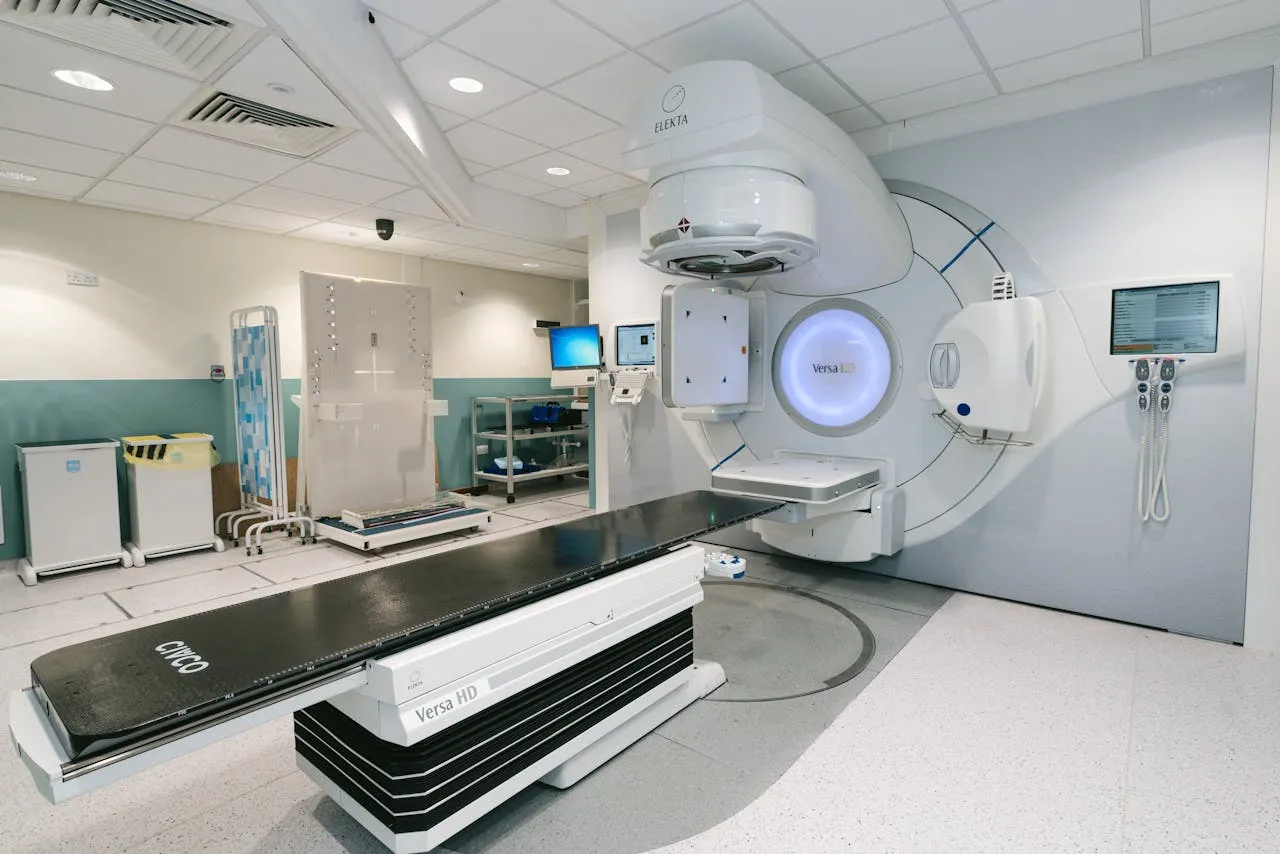
GE HealthCare Showcases AI-Supported Intelligent Radiation Therapy Updates and New Theranostics Capabilities at ASTRO 2025
GE HealthCare has announced a series of important updates to its Intelligent Radiation Therapy (iRT) platform, a software solution designed to streamline and optimize the complex workflows of radiation therapy. The updated version of iRT, supported by artificial intelligence and third-party applications, was unveiled at the American Society for Radiation Oncology (ASTRO) 2025 Annual Meeting in San Francisco. The company emphasized that the innovations aim to reduce the time between cancer diagnosis and treatment initiation, enhance efficiency for healthcare providers, and ultimately improve patient outcomes.
Tackling bottlenecks in radiation therapy workflows
Radiation therapy remains one of the most widely used cancer treatments, with nearly 60% of cancer patients undergoing it at some stage of their care. However, initiating treatment can often take up to 30 days, largely due to the fragmented systems and manual processes that define current workflows. Radiation oncology requires collaboration across numerous departments and digital platforms, but these platforms often fail to connect seamlessly.
This lack of integration forces clinical staff to enter the same information across multiple systems, increasing the risk of errors and creating unnecessary delays. In some cases, importing treatment data has been shown to require as many as 17 manual steps. These inefficiencies not only place additional burdens on staff but can also contribute to treatment delays that affect patient outcomes.
GE HealthCare’s iRT platform addresses these issues with a vendor-neutral, connectivity-driven approach. By serving as a bridge between disparate systems, iRT allows hospitals to streamline data management, accelerate workflows, and reduce the workload on clinicians. Early adopters of iRT have already reported dramatic improvements—reducing the time from simulation to treatment planning from seven days to just seven minutes when integrated with RayStation by RaySearch Laboratories.
New iRT features for oncology departments
The latest version of iRT introduces a variety of features aimed at improving efficiency, precision, and patient experience. These include:
- Analytics reporting: Provides administrators with comprehensive insights into departmental efficiency, operational gaps, and trends over time.
- Staff scheduler: Uses intelligent resource management to account for staff schedules and absences, helping to minimize treatment delays.
- AI-driven auto-segmentation: Incorporates MR Contour DL, an AI model developed by GE HealthCare, to automatically outline organs at risk in MR imaging. The platform also supports interoperability with third-party systems such as MVision Contour+ for CT imaging and MIM Contour ProtégéAI+™.
- Patient engagement with VERT VR: Through integration with Vertual Ltd’s virtual reality application, clinicians can guide patients through a 3D simulation of the treatment process, reducing anxiety while also enhancing staff training opportunities.
- Enhanced connectivity: Expands compatibility with electronic medical records (EMR), oncology information systems (OIS), and other fast healthcare interoperability resources (FHIR), making the platform flexible across vendor systems.
Ben Newton, General Manager for Oncology Solutions at GE HealthCare, commented:
“We are transforming the radiation therapy experience for patients and clinicians with our Intelligent Radiation Therapy solution, helping clinicians move from diagnosis to treatment in minutes, not days. The new features in iRT deliver greater precision, efficiency, and personalization to cancer care.”
Expanding into theranostics workflows
In addition to its updates for radiation therapy, GE HealthCare also announced that iRT now supports theranostics, an emerging branch of nuclear medicine that combines diagnostic imaging with targeted radionuclide therapies. Theranostics has been gaining attention for its potential to deliver highly personalized and precise treatments for advanced-stage cancers.
Currently, theranostics workflows remain heavily manual and fragmented, often requiring significant coordination across multiple teams. This complexity increases the risk of delays or even wasted doses of medication. By integrating with EMRs and OIS, the iRT platform aims to simplify this process by offering a step-by-step guided workflow for clinicians. This includes patient intake, assessment, scheduling, medication dosing, dosimetry, and clinical review—all within a unified system.
Dr. Ranjini Tolakanahalli, Director of Photon Physics at Miami Cancer Institute, part of Baptist Health South Florida, praised the collaboration:
“Together with GE HealthCare, we are developing a solution where clinical priorities shape design. The goal is to ensure future solutions in theranostics workflows are guided by real-world medical expertise.”
Additional oncology solutions at ASTRO 2025
Beyond iRT, GE HealthCare also showcased other oncology technologies designed to improve patient outcomes:
- MIM Maestro: Now enhanced with workflows for reirradiation and composite plan assessment. It enables clinicians to evaluate past radiation therapy treatments, visualize multiple prior EBRT doses on current anatomy, and plan new treatments with accuracy and confidence. The solution supports dose adjustment using deformable image registration and iterative planning.
- iRT MR Direct Solution: A new AI-supported approach that enables MRI-only RT planning for brain, head-and-neck, and pelvic cancers. This solution builds on GE’s AIR RT Suite MR-simulation technology and features:
- MR Contour DL: AI-enabled automatic contouring of organs-at-risk for MR images.
- MRI Planner (developed by Spectronic Medical): A tool that generates synthetic CT images from MR scans, supporting precise dose calculations.
GE HealthCare also announced it will host a lunch symposium on September 28 titled “Converging beams: Radiation therapy meets radioligand therapy.” The expert panel will explore the biological rationale, clinical evidence, and real-world strategies for integrating radiation therapy with radioligand therapy in oncology programs.
Driving the future of cancer care
With the unveiling of these new updates and expansions, GE HealthCare is positioning iRT as a comprehensive hub for oncology workflows, spanning radiation therapy to theranostics. By leveraging AI, advanced connectivity, and clinician feedback, the company aims to reduce inefficiencies, shorten time-to-treatment, and provide more personalized care pathways for cancer patients worldwide.




